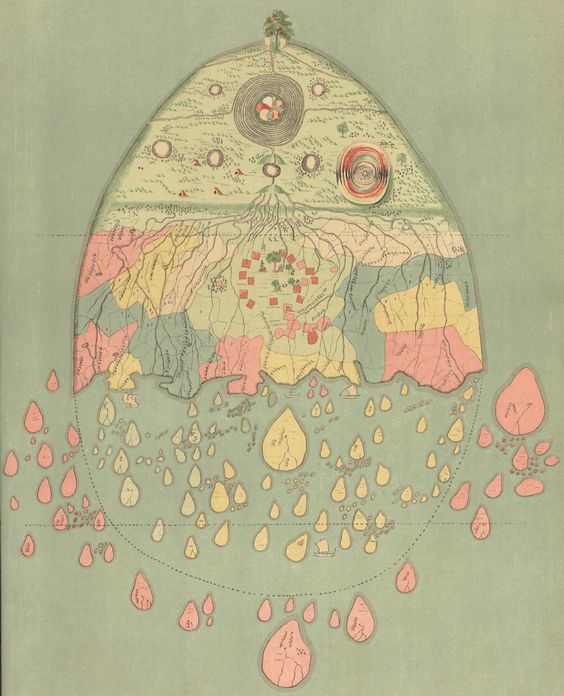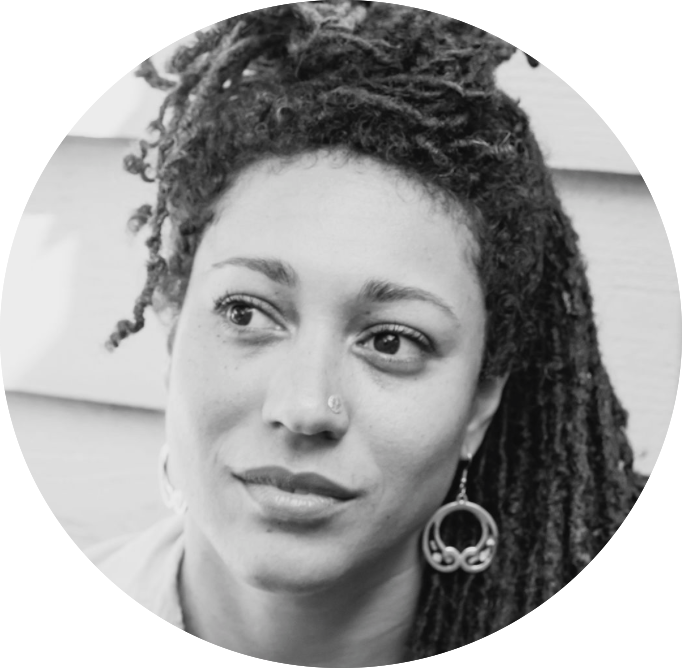|
Burmese map of the world, courtesy of New York Public Library "The world is full of riddles that only the dead can answer."
I read this line last night in the novel I'm currently reading, The Famished Road, by Ben Okri. To me, it's one of those lines that lingers on the tongue, especially because it's these very riddles that I've been exploring over the past month, through connecting with the wisdom of my ancestral lineage. I've recently learned that ancestor reverence is a central part of the (often misrepresented) animist religion, Vodun, that my father's people practise in Ghana. In fact, many cultures around the world have been practising some form of ancestral care for centuries. But like many of us, I did not grow up with the concept of cultivating a relationship with my ancestors. According to one of my current teachers, Dr. Daniel Foor, our "western culture" stands as a minority in having composted these practices somewhere along the way over the last thousand years or so. This gap in understanding what it is that we inherit often carries implications for both individual wellbeing and, importantly, cultural and ecological healing and accountability. So perhaps one of the riddles we're now facing as a collective is, how can we know where we're going if we don't know where we've come from? How many of our current challenges and conflicts are in some way related to intergenerational trauma? And in light of that, what are the gifts and strengths that have been handed down to us to carry forward for the benefit of our communities? Something I'm uncovering is that blessings and burdens can be two sides of the same coin. This follows the same principle that the antidote is found within the poison. For example, the expression of vision or imagination can equally become distorted as anxiety when repressed: a nightmare of fantastical images spun into webs of fear. Similarly, the author Martín Prechtel talks about the relationship between grief and praise. He says that, "If we do not grieve what we miss, we are not praising what we love. We are not praising the life we have been given in order to love." What if we were to harness the power of our imagination and channel this electricity into our creative self-expression? Perhaps the joy generated from this energy would mobilise the grief in our heart, and allow us to pour forth the boundless love that it contains. The ancestors may be "dead" to our modern psyche but that doesn't mean they aren't in fact a vital part of our humanity. Tending to our relationship with the ancestors reminds us that we come into this life with everything we need, if only we adjust our vision to the bigger picture of the systems that support us. With lion tears and white rum libations, Cherise x Comments are closed.
|
Author |

